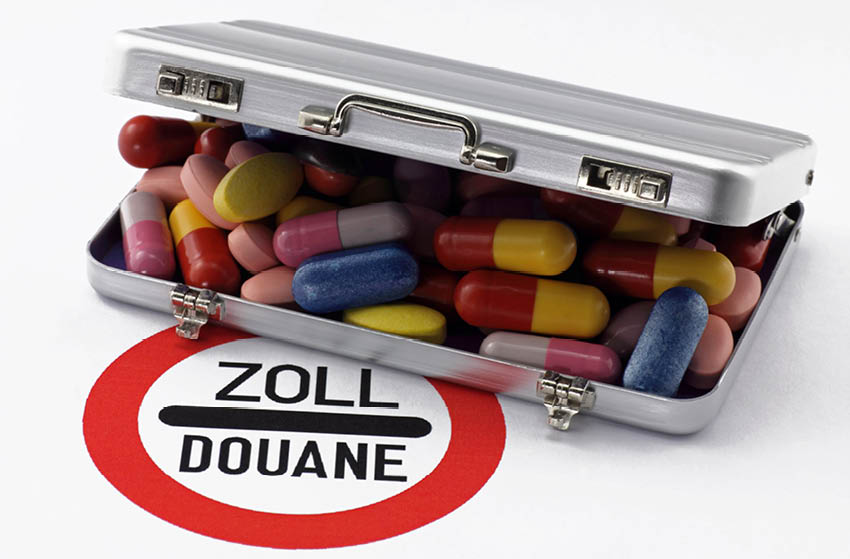Why travellers prefer Blue Cross
- Canada's #1 travel insurance brand and recognized worldwide
- Over 80 years of expertise in insurance
- $5 million travel insurance coverage, with or without deductible
- Flexible and affordable travel insurance solutions
- Free quote available online
- Travel assistance available 24/7 for any emergency, anywhere you travel

Tips for travelling with prescription drugs
Published on: December 20, 2018
Whether you’re a seasoned Snowbird or someone new to travel, medications and travel plans need careful attention. To avoid hassles and delays at customs or simply for peace of mind, the following tips will help you get the most out of your trip.
Illness and travel: how to travel well with prescription medications
- Keep your medications in their original containers with the original labels attached.
- If you’re flying, keep your meds with you in a carry-on. The size limits on packages do not apply to medications.
- Ideally, bring a copy of your original prescription with your medications and, if possible, a note from your doctor explaining why you need them.
- Make sure you ask your pharmacist for a complete list of your medications. Normally it will explain the purpose of the prescription and provide the brand name of the medication. These two things are important in case you happen to lose your medication.
- Bring more medication with you than you expect to take, just in case your trip is unexpectedly prolonged.
Medications and travel: some case need special attention
If you have an illness that will require that you use injectable drugs while you travel, ensure that your doctor provides you with a note authorizing you to travel with needles and specifying why they’re necessary.
People who use rare medications should ensure they have a doctor’s note explaining why they must be taken.
For Snowbirds visiting the United States, you’re allowed to bring in 90 days’ worth of medication. For returning Snowbirds, Health Canada allows you to bring back the equivalent of three months treatment of medicines that are not available in Canada.
Finally, don’t forget to inform Blue Cross travel insurance about the medications you’ll be using on your trip.
Travelling with over-the-counter medications
Of course, even when travelling with non-prescription over-the-counter medications, similar care to that mentioned above should be taken.
I always advise my patients before they travel to bring the medicines they’re used to using at home when they travel while ill. For example, if you’re used to a particular cold remedy product, make sure to pack some before you leave. Depending on where you’re headed, it might be difficult to find an equivalent product overseas and you might run the risk of buying counterfeit drugs.
Did you know that some medicines that are commonly used and sold over-the-counter in Canada are either banned or available only on prescription elsewhere? In the United States, for example, some Claritin products are only available by prescription while in Japan many decongestants are prohibited outright. To find out more about whether the drugs you usually take are permitted in the country you’re travelling to, consult their embassy or consulate in Canada.
Conversely, if you’re bringing medications back into Canada, whether prescribed or over-the-counter that aren’t authorized here, Health Canada generally allows bringing in three (3) months’ worth.
Things to avoid when travelling with medications
Here are two suggestions that will help avoid hassles while travelling:
- Everyone wants to save space when packing to travel, but it’s a very bad idea to combine medications in one container, because they’ll be difficult to identify if you’re questioned about them.
- If you’re sick while you travel, it’s best to advise Blue Cross travel insurance and to consult a local health service provider to avoid self-medication. If you need medicine, don’t purchase them from anywhere except a recognized pharmacy.
Now you’re ready to take off!
Gabrielle Asselin
Source